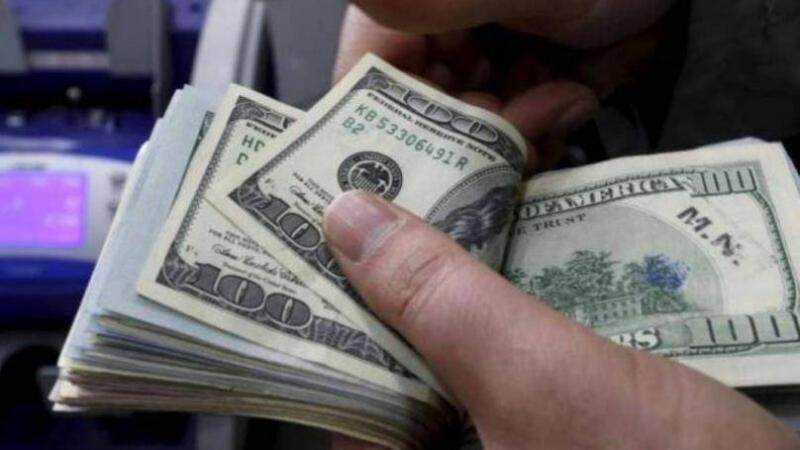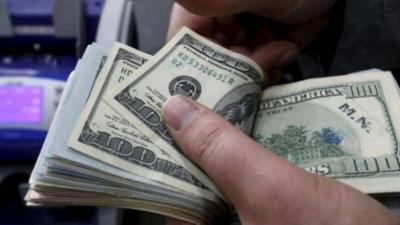The central issue - Less than three weeks remain until Christmas and New Year's. Although there was hope for a relative economic easing under the difficult conditions, the rise in the dollar exchange rate in the parallel market strikes like lightning. Since the beginning of the week, it has experienced an unprecedented increase, surpassing the threshold of 41,000 lira, alongside exorbitant prices affecting various goods and services! What are the reasons for this rise, and is there still hope for its decline?
Lebanon's money changers' syndicate president, Antoine Maroun, sees through "the central issue" that the fate of the dollar is tied to political stability. A prime example is the decline of the euro during the Russian-Ukrainian war. He confirms that the current rise in the dollar market has no economic basis, as the actual dollar center today ranges between 30,000 and 32,000 lira at most. What we are witnessing, in his opinion, is a rise in "political dollar."
Maroun clarifies that dollars are abundant in the markets, and 95% of the Lebanese population possesses them and does not want them to decrease. This is something we can feel on the ground, says the president, who refuses to set a ceiling for the dollar's rise, stressing that it is impossible to know what the dollar's price will be. However, indicators suggest that its direction will be upward but gradually.
Maroun outlines several factors that could reduce the dollar:
- Political stability that reassures the dollar market.
- The goodwill of parties in electing a president that could immediately lower the dollar to around 15,000 lira, provided the president is not a challenger, to avoid repeating the experience of the past six years.
- Tourism activity, as the influx of expatriates and tourists during the holiday season could stimulate the economic wheel. If they extend their stay in Lebanon, the dollar will decrease, especially since tourists and expatriates will inject it abundantly into the markets.
On the other hand, "political tension," rumors, theories, and propositions propagated by politicians and analysts could raise the dollar, which is increasingly becoming a political pressure tool. Another negative factor that could raise the dollar is inflation. Here, Maroun fears a repeat of the experiences related to salary scales since injecting Lebanese currency for coverage has a negative impact on the dollar exchange rate. Therefore, reliance remains on adopting a reformist approach rather than ineffective patches.




